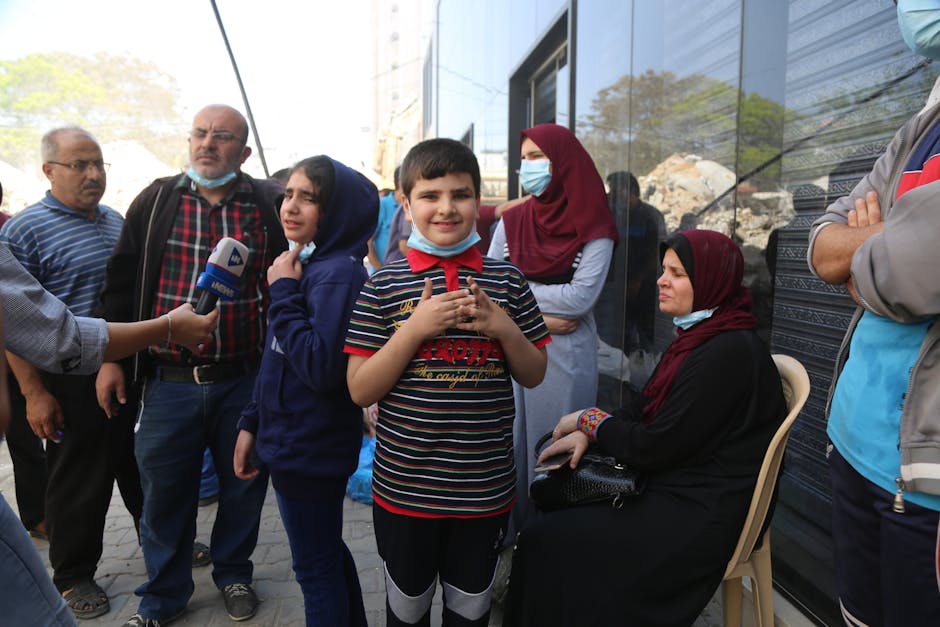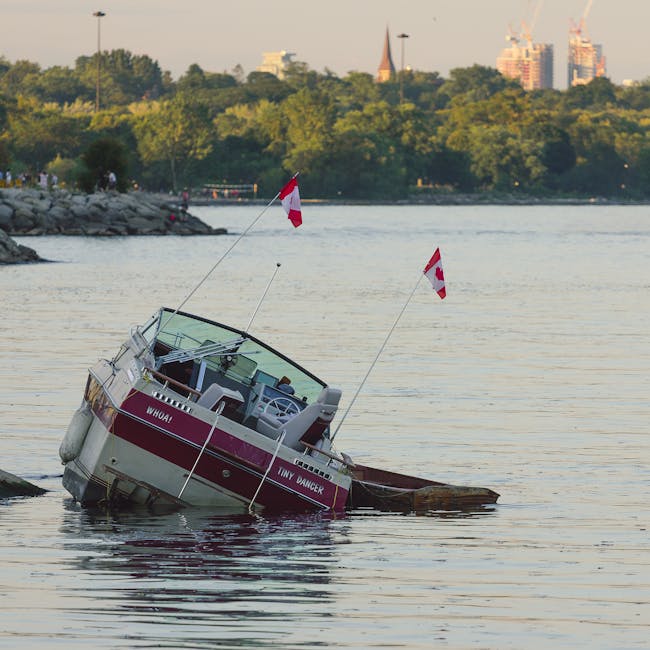Gaza News: A Comprehensive Overview of the Ongoing Crisis and Humanitarian Challenges
Gaza News: A Comprehensive Overview of the Ongoing Crisis and Humanitarian Challenges
Understanding the Complexities of Gaza
The Gaza Strip, a small coastal enclave bordered by Egypt and Israel, has been the epicenter of a protracted and multifaceted conflict for decades. Understanding the current situation in Gaza requires delving into its historical context, political dynamics, and the humanitarian crisis that continues to unfold. This article provides a comprehensive overview of recent Gaza news, analyzing the key players, challenges, and potential pathways towards a more sustainable future.
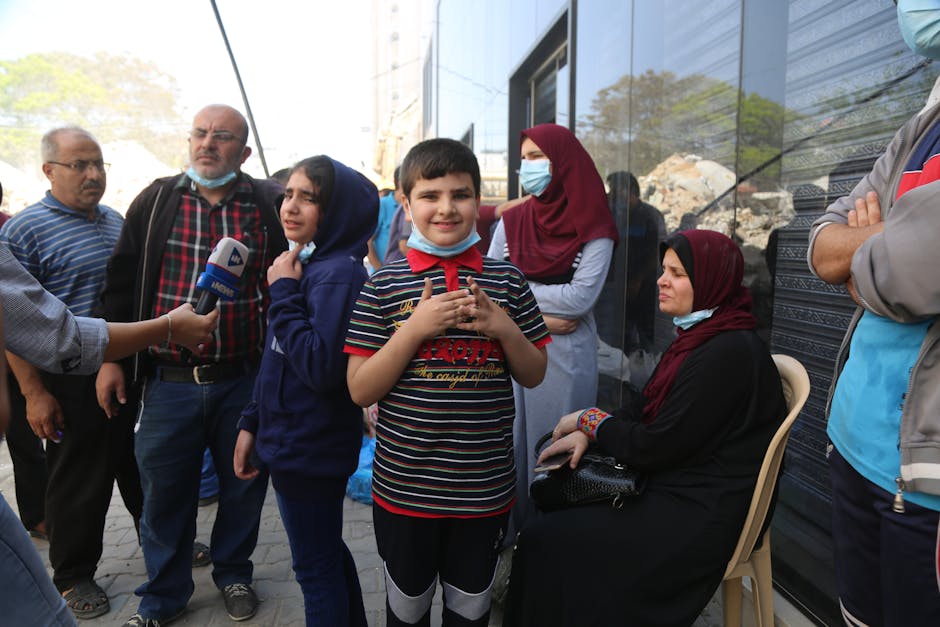
The Historical Context: From British Mandate to Ongoing Conflict
The history of Gaza is deeply intertwined with the broader Israeli-Palestinian conflict. Following the British Mandate period, the 1948 Arab-Israeli War led to the displacement of a significant number of Palestinians, many of whom ended up in Gaza. Subsequent wars and intifadas have exacerbated the situation, contributing to the ongoing political instability and humanitarian suffering.
The establishment of the Palestinian Authority (PA) in the 1990s brought a brief period of relative calm, but the second Intifada in 2000 saw renewed violence. The Hamas takeover of Gaza in 2007 further complicated the situation, leading to a blockade imposed by Israel and Egypt that severely restricted the movement of goods and people.
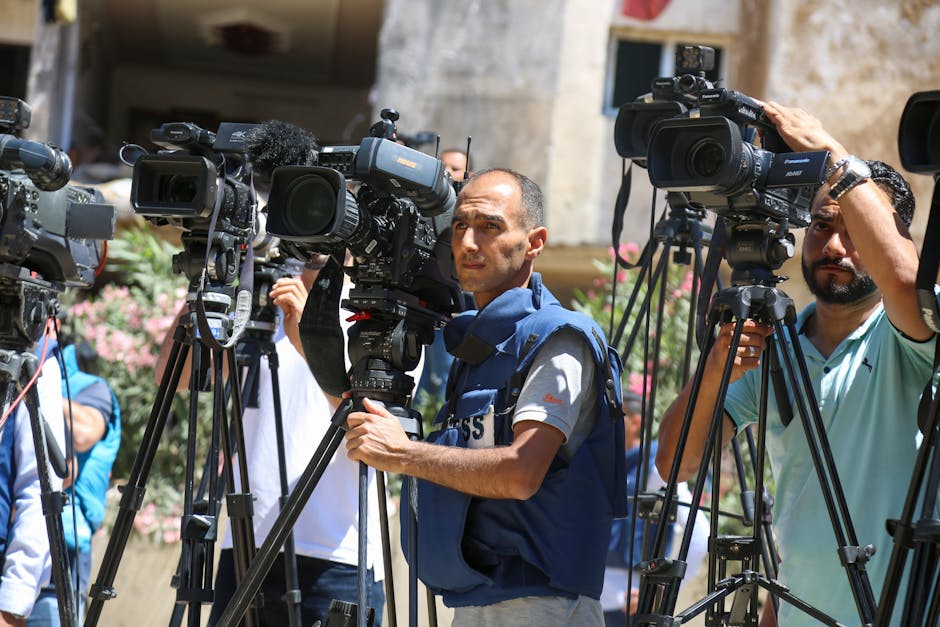
The Humanitarian Crisis in Gaza: A Deep Dive
The blockade, coupled with recurring conflict, has had a devastating impact on the lives of Gazans. The humanitarian crisis is characterized by several key aspects:
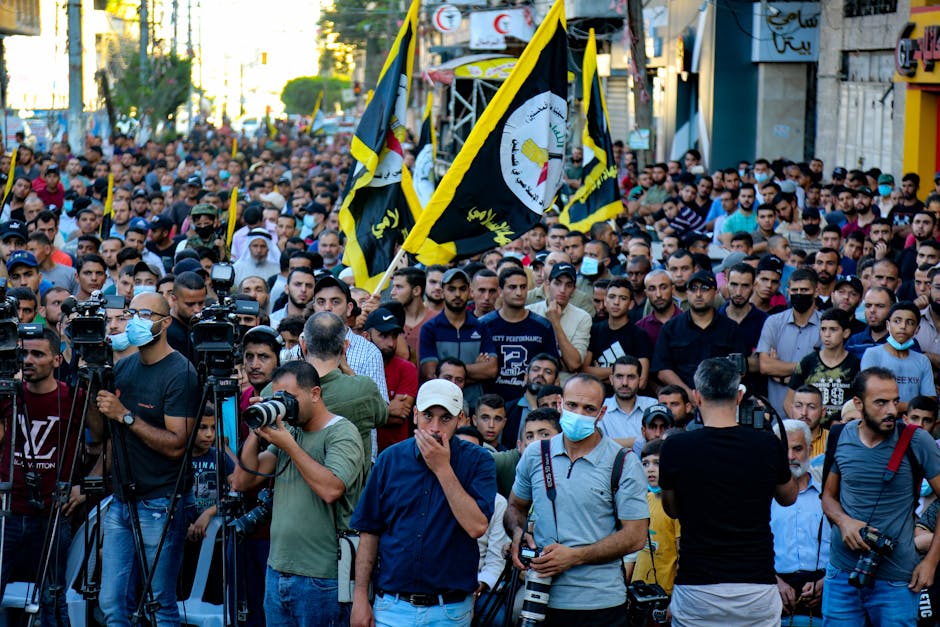
- High Unemployment and Poverty: Unemployment rates in Gaza consistently remain among the highest in the world, leading to widespread poverty and economic hardship.
- Limited Access to Essential Services: The healthcare system is chronically underfunded and overburdened, leading to shortages of essential medicines and medical equipment. Access to clean water and sanitation is also severely limited.
- Food Insecurity: Many Gazans struggle to access sufficient food, leading to malnutrition, particularly among children and vulnerable populations.
- Power Shortages: Frequent and prolonged power outages disrupt daily life and impede economic activity.
- Limited Access to Education: The ongoing conflict and the blockade have severely hampered the education system, affecting the future prospects of young Gazans.
The Impact of Recent Conflicts
Recent conflicts, such as the 2014 and 2021 wars between Israel and Hamas, have caused immense destruction and loss of life in Gaza. These conflicts have resulted in widespread damage to infrastructure, homes, and businesses, exacerbating the already precarious humanitarian situation. The psychological toll on the civilian population is also significant, with many suffering from trauma and mental health issues.
The Political Landscape: Key Players and Their Roles
The political landscape in Gaza is complex and involves multiple key players, each with their own interests and agendas:
- Hamas: The de facto ruling authority in Gaza, Hamas is a Palestinian Sunni-Islamist fundamentalist organization. Its control of Gaza significantly influences the region’s political dynamics and its relationship with other actors.
- The Palestinian Authority (PA): The PA, based in the West Bank, is the internationally recognized representative of the Palestinian people. However, its authority in Gaza is limited due to the Hamas takeover.
- Israel: Israel’s policies regarding Gaza, including the blockade and military actions, have a significant impact on the lives of Gazans and the overall situation in the region.
- Egypt: Egypt plays a crucial role as a mediator between Hamas and Israel, and its border with Gaza influences the flow of goods and people.
- International Community: Various international organizations and countries are involved in humanitarian aid and diplomatic efforts to address the Gaza crisis.
Potential Pathways Towards a Sustainable Future
Addressing the complex challenges facing Gaza requires a multifaceted approach. Several key strategies need to be implemented:
- Lifting the Blockade: Easing the blockade is crucial for improving the humanitarian situation in Gaza. This would allow for increased access to essential goods and services, stimulating economic growth and reducing poverty.
- Reconciliation between Fatah and Hamas: Reconciliation between Fatah and Hamas is essential for establishing a unified Palestinian government that can effectively represent the interests of the Palestinian people.
- Investment in Infrastructure and Economic Development: Significant investment in infrastructure, including electricity, water, sanitation, and transportation, is vital for improving the living conditions of Gazans and stimulating economic growth.
- Addressing the Humanitarian Needs: Continued humanitarian aid is essential to address the immediate needs of the Gazan population, including food, medical care, and shelter.
- Promoting Peace and Security: Efforts to promote peace and security are crucial to prevent further violence and create a more stable environment for Gazans.
The Role of International Media and Gaza News Reporting
Accurate and unbiased reporting on Gaza news is crucial for raising international awareness of the ongoing humanitarian crisis and the political complexities of the situation. The media plays a vital role in shaping public opinion and influencing policy decisions. However, access to Gaza for journalists can be limited, and biased reporting can sometimes fuel further conflict.
Responsible journalism requires careful consideration of the perspectives of all parties involved, a commitment to factual accuracy, and a focus on the impact of the conflict on civilians. By providing accurate and balanced information, the media can contribute to a better understanding of the issues at hand and promote informed public discourse.
Conclusion: The Urgent Need for Action
The situation in Gaza remains a grave humanitarian crisis requiring urgent international attention. Without decisive action to address the underlying political and economic challenges, the suffering of the Gazan people will continue. A sustainable solution necessitates a collaborative effort involving all key stakeholders, with a focus on achieving lasting peace and improving the living conditions for all.
